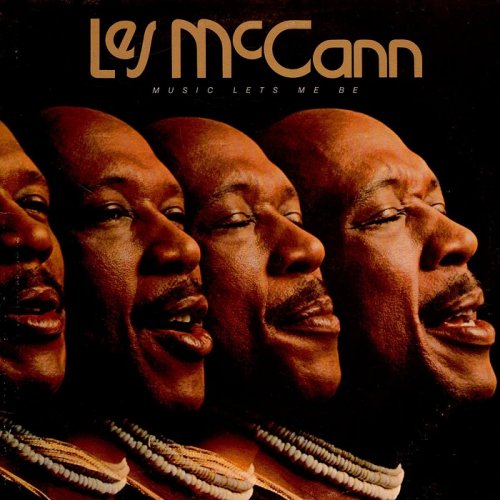William Christie & Les Arts Florissants - Rameau: Castor & Pollux (1993)
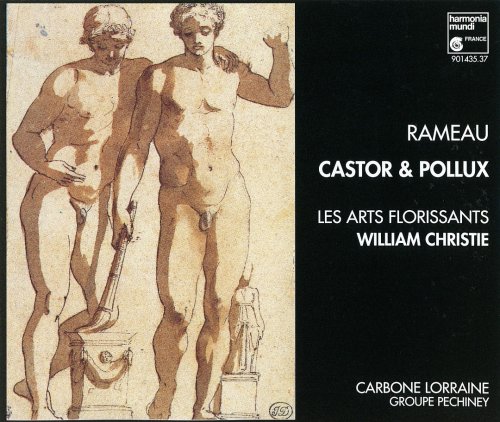
Artist: Les Arts Florissants, William Christie
Title: Rameau: Castor & Pollux
Year Of Release: 1993
Label: Harmonia Mundi
Genre: Classical
Quality: FLAC (image + .cue, log, artwork)
Total Time: 02:49:30
Total Size: 909 MB
WebSite: Album Preview
Title: Rameau: Castor & Pollux
Year Of Release: 1993
Label: Harmonia Mundi
Genre: Classical
Quality: FLAC (image + .cue, log, artwork)
Total Time: 02:49:30
Total Size: 909 MB
WebSite: Album Preview
Rameau’s reputation as one of the greatest French composers of the late Baroque rests chiefly on his operas, with their colourful orchestrations, dramatic choruses and subtle blends of aria and expressive recitative. These attributes are already to the fore in Castor et Pollux, his second completed tragédie en musique, which was first staged in 1737.
Though Rameau prepared a shorter, much-revised version in 1754, it is the original that is performed here, complete with its enchanting allegorical prologue and leisurely procession of dances, airs and set-piece spectacles.
Though his pacing isn’t very dramatic – and definitely flags in Act IV – Rameau does provide a wonderful variety of music: notably, Télaire’s tragic ‘Tristes apprêts’ in Act I, a thrilling trio plus a chorus of irate demons in Act III, and Castor and Télaire’s anguished dialogue in Act V, which closes with a ceremonial flourish – Jupiter descending on an eagle amidst much orchestral thunder.
William Christie and Les Arts Florissants are outstanding exponents of this repertory. The playing is superb and the singing, from principals through to chorus, is magnificent. Castor et Pollux may not be Rameau’s most compelling opera but it couldn’t receive a more brilliant or persuasive account.
Performance: 5 (out of 5); Sound: 5 (out of 5) -- Graham Lock, BBC Music Magazine
Though Rameau prepared a shorter, much-revised version in 1754, it is the original that is performed here, complete with its enchanting allegorical prologue and leisurely procession of dances, airs and set-piece spectacles.
Though his pacing isn’t very dramatic – and definitely flags in Act IV – Rameau does provide a wonderful variety of music: notably, Télaire’s tragic ‘Tristes apprêts’ in Act I, a thrilling trio plus a chorus of irate demons in Act III, and Castor and Télaire’s anguished dialogue in Act V, which closes with a ceremonial flourish – Jupiter descending on an eagle amidst much orchestral thunder.
William Christie and Les Arts Florissants are outstanding exponents of this repertory. The playing is superb and the singing, from principals through to chorus, is magnificent. Castor et Pollux may not be Rameau’s most compelling opera but it couldn’t receive a more brilliant or persuasive account.
Performance: 5 (out of 5); Sound: 5 (out of 5) -- Graham Lock, BBC Music Magazine

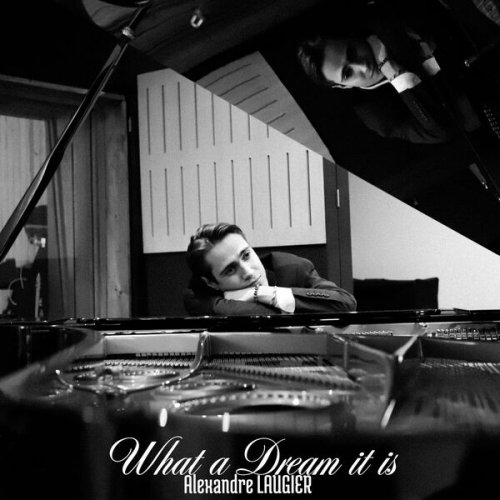
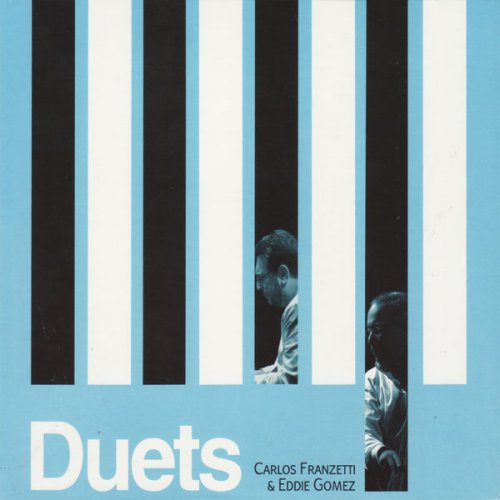
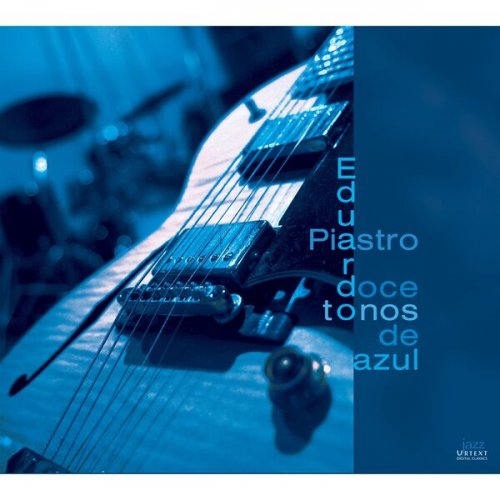

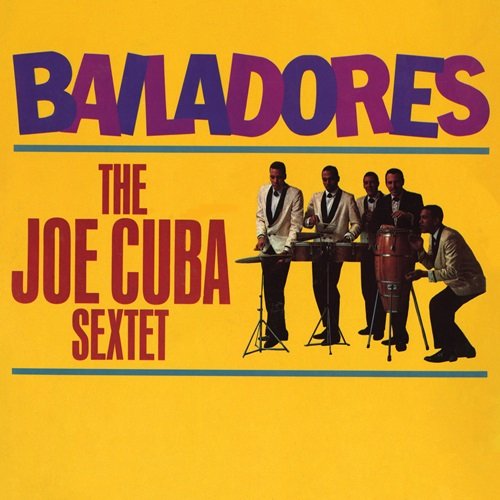

![The Bassface Swing Trio - Bossa, Ballads and Blues (2021) [DSD] The Bassface Swing Trio - Bossa, Ballads and Blues (2021) [DSD]](https://www.dibpic.com/uploads/posts/2026-01/1769359431_folder.jpg)

